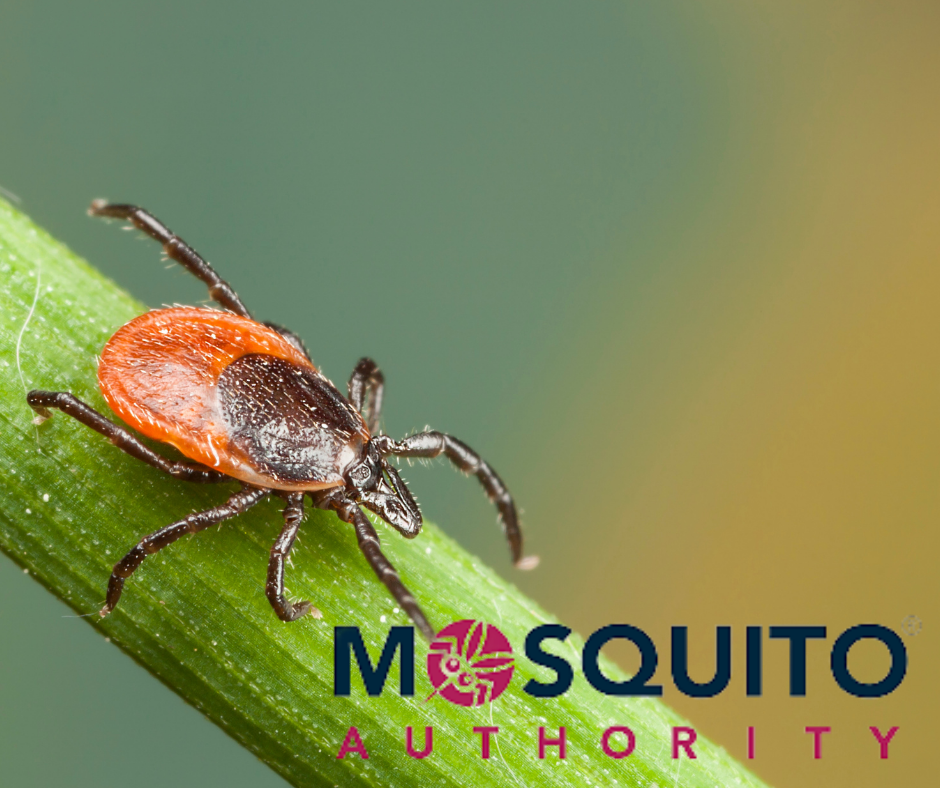If there is one thing that can put a damper on spending time outdoors, it’s ticks. Ticks not only latch onto animals, but they can also spread diseases to humans. We take tick control seriously at Mosquito Authority, and that’s why we believe you should know all the facts when it comes to preventing and controlling these pests.
Here are some fun facts you didn’t know about ticks, but probably should:
Dog and deer ticks will also latch onto humans
Contrary to their name, dog and deer ticks don’t exclusively feed on animals. Both of these ticks not only bite humans, but they can also transmit diseases to us as well. Dog ticks are most active during the spring and summer, while deer ticks can be active in any temperatures above freezing.
Ticks can survive through the winter
While a lot of the pests you see in the summer tend to die out or disappear in the winter, this is not necessarily true for ticks. Ticks are generally active in weather that stays above freezing temperatures, so depending on your region, you may be at risk for tick bites even during the cold months.
Ticks transmit more diseases than you think
While most people know that ticks can transmit Lyme Disease to humans and animals, you might not have known that they can carry other diseases as well. Some of these illnesses include Lyme Disease, Rocky Mountain spotted fever, anaplasmosis, and tick paralysis.
Because of their high potential for spreading disease, tick control is a key part of maintaining your outdoor space.
Tick bites are more common for dogs than cats
This isn’t because ticks prefer dogs over cats, but because cats habitually groom themselves. Because of this, you are much more likely to find a tick on your dog rather than your cat. Tick control isn’t just for you and your family; it protects your furry friends as well.
Most ticks prefer to feed on different hosts during different stages of their lives
According to the Centers for Disease Control and Prevention, a tick must have a blood meal at every stage of its life in order to survive. Most ticks have four life stages: egg, six-legged larva, eight-legged nymph, and adult. Some species, like the blacklegged ticks, can feed on mammals, reptiles, amphibians, and birds.
Ticks don’t jump or fall onto their hosts
While the common thought is that ticks find hosts by jumping or falling onto a human or animal, that is actually not true. Ticks usually find a host by positioning themselves on the edges of tall grass blades or bushes and waiting for an animal or human to walk by. This is why backyard tick control is crucial; if you live near the woods or have areas of tall grass, you are more likely to experience tick problems.
Natural Tick control is an important part of ensuring your backyard is a safe place, so schedule a tick treatment with us today. No contracts and no commitments!

